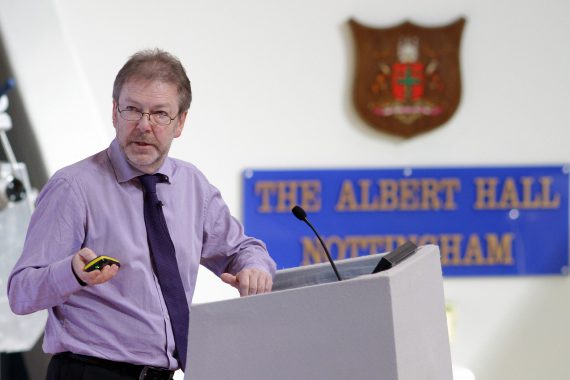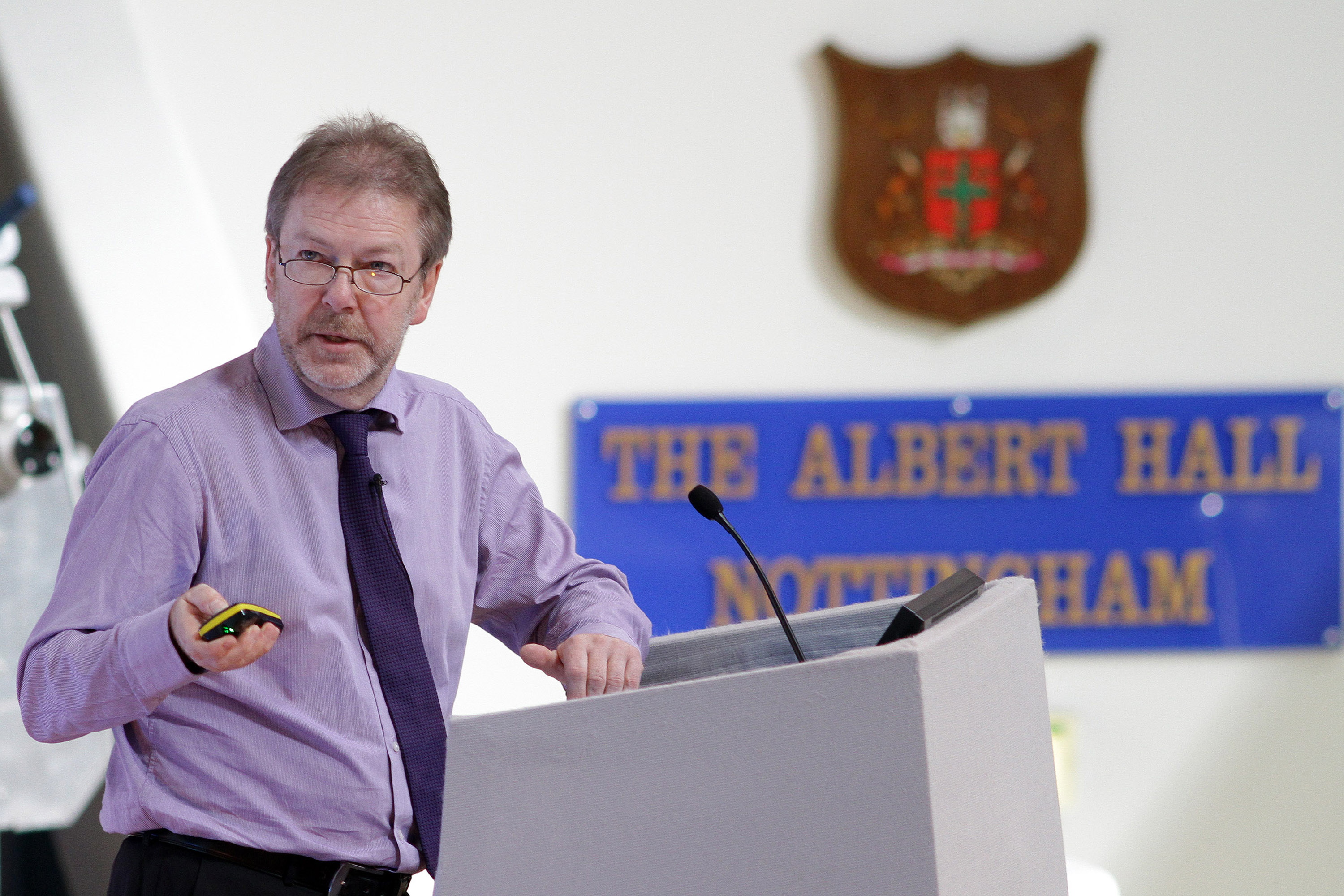‘GMC processes may add to the distress and risk doctors face’


What specifically will the independent review be looking at?
It will look at how the GMC works on fitness-to-practise and I will be looking at every aspect of how they do that. How they do that links into a broader system which includes how people get into difficulties with the GMC in the first place and what happens to them after they have gone through fitness-to-practise and what sort of support the system as a whole provides for doctors who have mental health problems.
There’s a broader context to the specific question of fitness-to-practise and it will be my intention to look at all. Lots of people have told me about their experience with the GMC – delays in the system are one of the things that people find difficult. That’s one of several. People feel that they are treated as guilty from quite an early stage. They feel that the system is harsh in tone, it is quite protracted and they feel that the long term consequences are sometimes disproportionate, that they go beyond the immediate issue which is being dealt with.
Would you agree with those views?
I’m very sympathetic with that. It’s my intention to try and understand that better. I’m very sympathetic to the points people have made to me. My starting point is that we have to try to do the right thing by doctors even when their practice has been problematic and my starting sympathies are always with a doctor who is in difficulty.
28 doctors died by suicide while undergoing FTP investigations between 2005 and 2013, and the GMC recently said some of these doctors entered the procedures already having had very serious mental health problems…
People die by suicide for complex reasons, there is not single cause to suicide in most cases. It is usually that people face a number of problems which includes issues with their mental health.
This is why I said there was a broader context to this, it is how doctors with mental health problems are supported in general and how doctors work with employers, because a large number of referrals come from employers and about working out where the limits of public accountability lie.
So there is a broader context to this issue and to suicide prevention in general. My concern is that of all the difficulties that a doctor might be in, including their mental health, the GMC starts to get involved, and the concern is that the GMC process itself might add to the distress and the risk that doctors face – that seems to be something that should be avoided as much as possible.
Why might this be? It bound to be stressful for doctors to face investigation but there are about 2,500 and that investigations every year seems to me to be a lot given that there are 150,000 doctors in the country so one question is bound to be whether all those investigations are necessary because every investigation carries a degree of stress for the person that is being investigated.
It is a relatively small proportion, in 2014 it was 18%, that will face some kind of sanction including a warning. That’s a lot of people facing investigation who in the end have something done to them. The rest have no outcome or the outcome is consensual. My interest is looking at whether the GMC process can in the future be more consensual.
The issue of doctors coming in already with mental health issues is an important one. It is bound to be true but the question is what does the GMC do in those situations. The people who die by suicide don’t necessarily have mental health problems which are already known, so there are some people who come in who have mental health difficulties which are already explicit and they will need careful and sympathetic handling because they are already in difficulty and people can see that … but there are some people whose mental health difficulties haven’t been known and who might well deny mental health problems if ask directly but who nevertheless might be in distress and at risk, there has to be a similarly sympathetic way of handling those people.
Are there too many investigations?
I haven’t identified a number of investigations that shouldn’t have taken place – I am looking at the pure numbers. Of the 2,500 investigations concluded in 2014… 82% don’t lead to a sanction. That to me sounds like people are going through investigations increasing their risk and distress with no outcome imposed on them. It makes me think that there are too many and that a consensual process and outcome should be the aim for as many processes as possible.
I do think that adds to the risk in people who are distressed and vulnerable – that’s the whole basis of my involvement.
Do you think the GMC has failed in its duty of care to those doctors who died by suicide while under investigation?
I understand why you might ask that, but I’m starting from now to see what the role of the GMC might be. There is an emotive language there which I won’t get caught up in. It’s about improving their process rather than levelling accusations at the GMC.
The GMC has said that wants to be more compassionate to the needs of vulnerable doctors. How can this be achieved?
There are some serious criticisms of the tone of communication with the GMC and the number of investigations that are carried out, and therefore the number of people who get caught up in a distressing situation, the protracted nature of these investigations and the long term impact on a doctor’s career – all those things need to be looked at.
Who is Professor Louis Appleby?
Last month, the GMC appointed Professor Appleby to review its fitness-to-practise (FTP) procedures to ensure that it is more ‘compassionate and sensitive’ to the needs of vulnerable doctors. The regulator said that he has been recruited to look at ‘every stage’ of its FTP investigation process and will examine how the GMC deals with doctors who may be vulnerable, following the publication of the GMC review in 2014 that found 28 doctors had died while under investigation.
Professor Appleby has already lead the development of the National Suicide Prevention Strategy for England, which focuses on support for families and prevention of suicide among at-risk groups and is a CQC board member.
He also leads group of more than 30 researchers at the Centre for Mental Health and Safety at the University of Manchester, where he is a Professor of Psychiatry.
Image credit: The University of Manchester
Pulse October survey
Take our July 2025 survey to potentially win £1.000 worth of tokens

Visit Pulse Reference for details on 140 symptoms, including easily searchable symptoms and categories, offering you a free platform to check symptoms and receive potential diagnoses during consultations.










